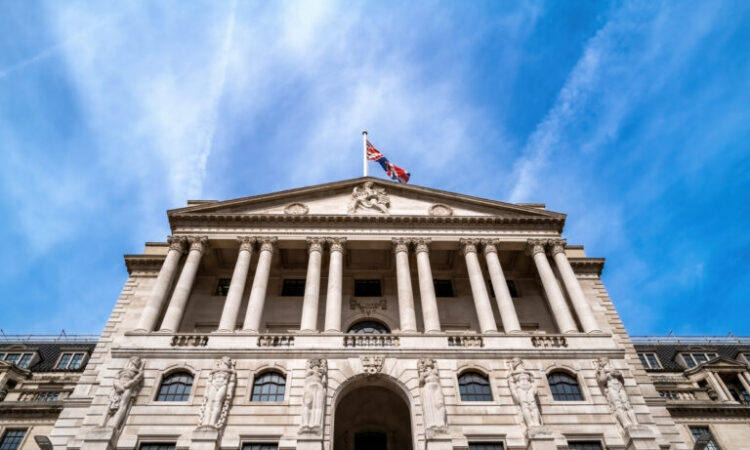
As we enter the summer, the United Kingdom is navigating through a period of economic recalibration, paired with global and domestic changes.
The nation stands at a crossroads, with the impending elections casting a long shadow over economic policies and market reactions.
The Bank of England (BoE), a pivotal national institution, grapples with inflation rates that have shown a recent tendency to surge, prompting a reassessment of interest rate policies.
The UK economy, having weathered the storm of the pandemic and geopolitical tensions, now faces the challenge of sustaining growth amidst these pressures.
The International Monetary Fund’s (IMF) upward revision of the UK’s growth forecast and the BoE’s own optimistic projections offer a glimmer of hope.
However, the sharp rise in commodity prices, a harbinger of potential inflationary woes, looms over the horizon, threatening to disrupt the delicate balance of recovery.
Implications of Inflation Data for Upcoming Elections
The UK’s inflation data will likely play a significant role in the forthcoming elections, with economic stewardship as an important battleground for the two leading parties: Labour and Conservatives.
As the electorate prepares to cast their votes, the inflation narrative weaves into the political discourse, influencing public opinion and voter priorities.
The Conservatives, led by Rishi Sunak, face scrutiny over their economic management, particularly in light of the inflation rates and interest rate policies during their tenure.
Labour, on the other hand, capitalizes on the opportunity to present an alternative economic vision, one that promises fiscal responsibility and economic stability.
The timing of the election, juxtaposed with the recalibration of interest rate expectations, places additional pressure on political parties to articulate clear and convincing economic policies.
The electorate’s perception of each party’s ability to navigate the inflation challenge and foster economic growth could very well be a deciding factor in the upcoming political contest.
Economic Predictions and the Role of the Bank of England
The Bank of England (BoE) stands at the helm of the UK’s economic future, with its policies playing a crucial role in shaping the trajectory of the nation’s financial stability.
As inflationary pressures begin to ease, the BoE’s role in adjusting monetary policy becomes increasingly significant.
The institution’s predictions of a growth in the UK economy, coupled with a downward revision of inflation forecasts, suggest a cautious optimism.
However, the BoE’s mandate extends beyond mere prognostication; it is tasked with the delicate balance of stimulating economic growth while keeping inflation in check.
The expected timing of interest rate cuts, post-election, is a strategic move to avoid political entanglements.
This decision underscores the BoE’s commitment to objectivity and its critical role in ensuring that economic policy is grounded in factual analysis and expert opinion, rather than the shifting sands of political expediency.
Potential Impact on Markets and the Public
The interplay between inflation data and the Bank of England’s monetary policy has profound implications for both the markets and the general public.
As the UK gears up for elections, the financial markets exhibit a cautious stance, with asset prices reflecting the underlying economic sentiment.
The recalibration of interest rate expectations has led to a surge in UK bond yields, indicating a market bracing for change.
For the public, the economic policies adopted in the wake of the election will have tangible effects on their daily lives.
Mortgage and lending rates hinge on the BoE’s decisions, affecting homeownership affordability and consumer spending.
The Labour Party’s lead in the polls suggests a potential shift in economic governance, which could result in new fiscal measures impacting taxation and public expenditure.
Ultimately, the election outcome will determine the economic path the UK will tread, with lasting consequences for its citizens and financial institutions alike.





